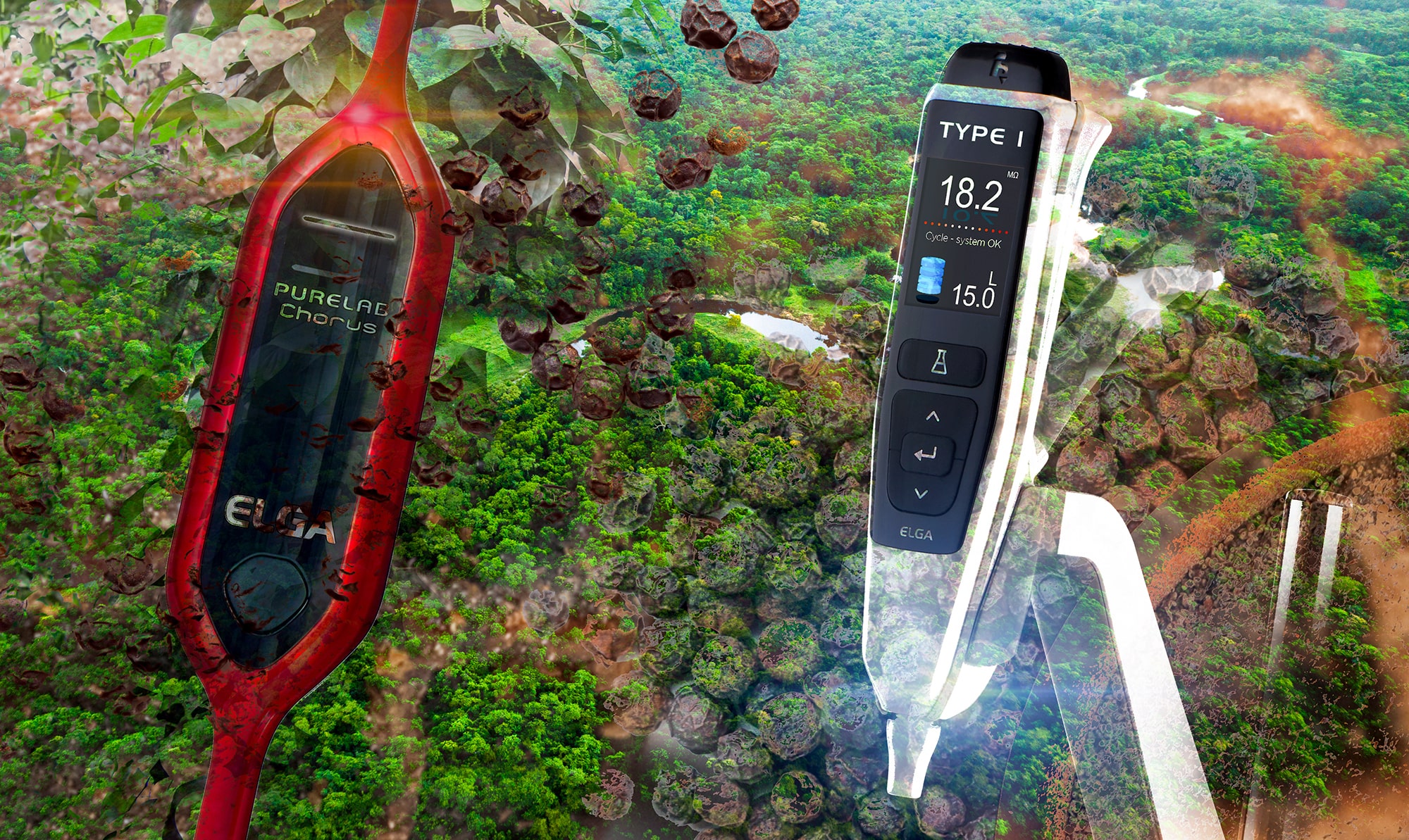Assessing black pepper quality
6 Set 2022

Scientists examine the effects of drying methods and harvest season on the piperine, essential oil and multi-elemental composition of black pepper.
Black pepper is one of the most commonly used spices in the world. It’s made by grinding the dried berries (peppercorns) from the flowering vine Piper nigrum, which is grown commercially in several tropical regions.
Flavour and odour are the most important qualities of black pepper. Its spiciness is mainly due to piperine, a natural alkaloid, while a host of volatile chemicals are responsible for its characteristic odour.
Drying is an essential step during black pepper processing to remove moisture and prevent microbial contamination. But if this is performed inadequately, it can lead to changes to the appearance, colour and flavour of peppercorns – as well as the loss of volatile compounds and the addition of unwanted contaminants, such as metals.
But to date, there have been few studies assessing how different real-world drying methods may affect black pepper quality.
Comprehensive analyses
In a new study, published in Food Chemistry, researchers examined the effects of different drying methods and harvest seasons on the piperine content, essential oil profile, and multi-elemental composition of black pepper1.
The researchers obtained 48 black peppercorn samples from producers in northern Brazil. These had been collected during different seasons and processed using a variety of drying methods: solar drying, greenhouse drying, or mechanical drying using a furnace with either direct or indirect heating. They then analysed all samples using a variety of techniques – including high-efficiency liquid chromatography with a photodiode array detector (DAD), gas chromatography coupled to mass spectrometry (GC-MS) and inductively coupled plasma optical emission spectroscopy (ICP OES).
The team used ultrapure water generated from an ELGA PURELAB® laboratory water purification system during these experiments, minimising the risk of adding contaminants that may affect their results.
Key differences
The scientists found that the harvest season or drying method had little or no effect on piperine content of the samples, which ranged from 17.64 to 35.3 mg/g. However, they identified differences in essential oil composition and B, Ca, K, Mg and S according to harvest season.
They also identified that mechanical drying led to changes in essential oil composition due to high-temperature exposure during processing. The Fe and Cr contents were also higher in samples dried mechanically using direct heating due to direct contact of peppercorns with metallic structures and particulate material from the burning process.
The As and Pb contents of several samples exceeded the legal safety limits for human consumption – reaching up to 0.46 and 0.56 mg/kg, respectively – regardless of the growing season or drying method.
Quality assurance
These new results indicate that the piperine content of black pepper is not affected by the drying method or harvest season. The essential oil composition and elemental content are also unaffected by harvest season. But mechanical drying can lead to changes in essential oil composition – and if this step is carried out using direct heating, it can also cause increases in Fe and Cr content.
Of particular concern, the As and Pb contents of some black peppercorn samples were higher than the maximum established limits – meaning their consumption could pose a risk to human health.
Why choose ELGA LabWater
ELGA LabWater has been a trusted name in pure and ultrapure water since 1937. We believe in giving you choice in how you use our water purification solutions, supported by excellent service and support.
Reference:
- Viera L.V., et al. The effects of drying methods and harvest season on piperine, essential oil composition, and multi-elemental composition of black pepper. Food Chem (2021) 390:133148. https://doi.org/10.1016/j.foodchem.2022.133148
Dr Alison Halliday
After completing an undergraduate degree in Biochemistry & Genetics at Sheffield University, Alison was awarded a PhD in Human Molecular Genetics at the University of Newcastle. She carried out five years as a Senior Postdoctoral Research Fellow at UCL, investigating the genes involved in childhood obesity syndrome. Moving into science communications, she spent ten years at Cancer Research UK engaging the public about the charity’s work. She now specialises in writing about research across the life sciences, medicine and health.
